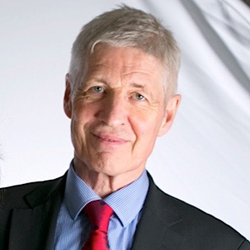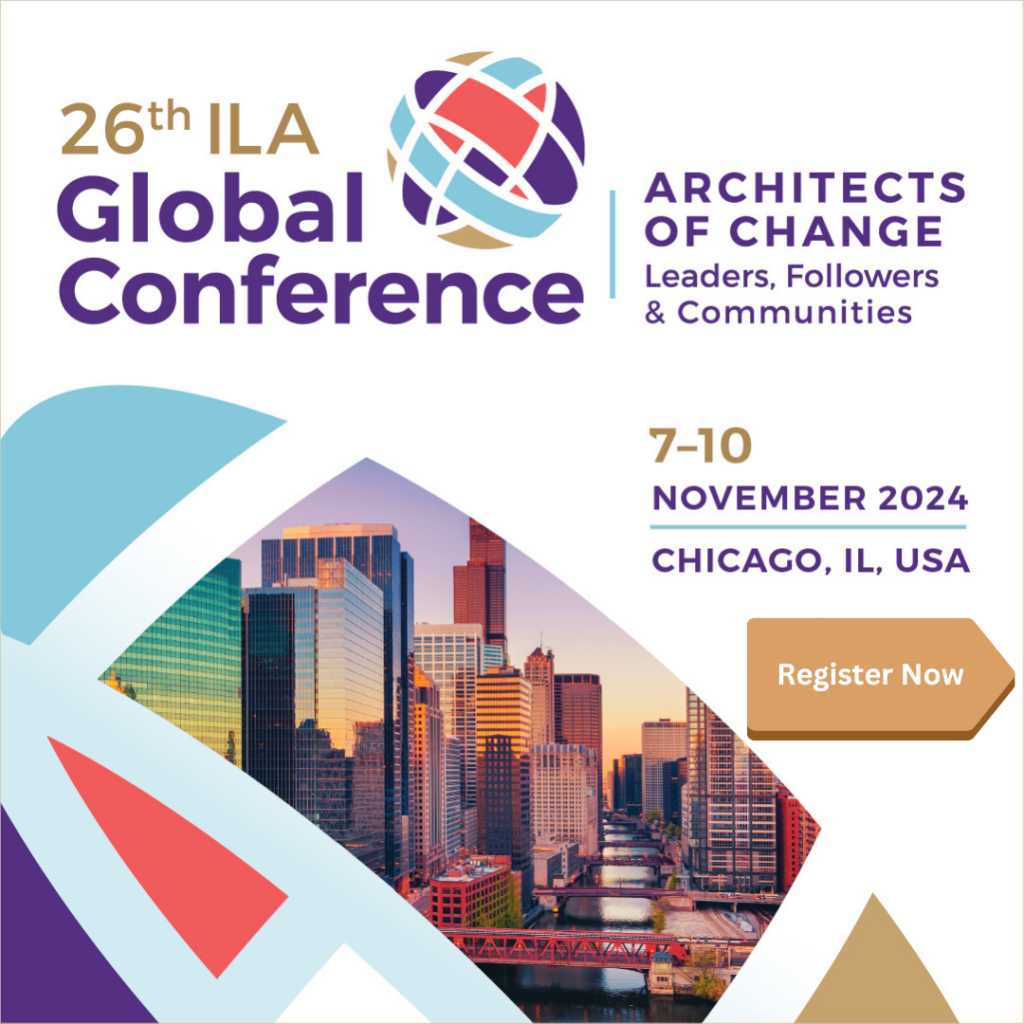
by Mike Hardy
Executive Director and Professor of Intercultural Relations, Coventry University, UK
2 April 2020
Share this article:
How we behave will determine the fate of millions
It’s very clichéd to continually refer to the “challenging times” we are experiencing, but what I have found interesting has been the various sources of “the challenge.” The pandemic and this new virus are challenging enough – but it has been the many other dimensions of the current context that have made it so extraordinary.
I think it is very important to realize that how we behave will determine the fate of millions – this is a distinctive context and is particularly challenging for leadership. Our trust in our governments, in the technology to which we turn, in our neighbours, families and friends, and in experts and their expertise have all raised the temperature of the challenge. Trust measures how vulnerable we are prepared to be to the decisions of others, whether those “others” be our governments, our fellow practitioners, academics, or co-workers, or our near families and those whom we bump into at the shops. Generally, I haven’t seen a huge amount of trust on display.
As an example, in the UK, government has urged people to change their behaviours, to socially distance with discipline to slow the transmission and spread of the virus. This is critical as it buys a little more time for the health systems to gear up and have a fighting chance to save more of the lives of vulnerable patients. What then explains our failure to spatially distance? We have chosen to rely on “leadership by exhortation” rather than by enforceable regulation and police action. But it seems we are not accepting the chosen leadership approach.
Segregation vs Cooperation
Increasingly commentators have begun to blame it all on globalization (see Epidemic by Yuval Noah Harari) and more challenging still are those who have reasserted the need for borders, for walls and separation. The problem is that longer-term isolationism leads to everyone becoming poorer – and fewer resources available to tackle infectious diseases. As Harari emphasises, “the real antidote to epidemic is not segregation, but rather cooperation.”
Trust measures how vulnerable we are prepared to be to the decisions of others, whether those “others” be our governments, our fellow practitioners, academics, or co-workers, or our near families and those whom we bump into at the shops.
Our work within ILA has always pointed to much more working together, a world of collaboration –creating spaces for sharing and learning. Not necessarily a world without short-term protective measures, but certainly a joined-up world in the longer term and a future that will involve our shared conference spaces. Our challenge is to hang on to this fiercely. This might not happen by default, so we need to continue to believe and prepare for it. The ILA will continue to promote connectivity-team work, international connections, and global collaborations. These might seem to counter-the-grain as our travel is restricted and nation states baton down their hatches, but as the ILA we need to keep our networks open, build links, and construct our local-to-global narratives. I am encouraging all to think courageously and innovatively during our distancing. Be true to our best experience and expertise.
Unpredictability and Being Prepared
I have reflected during this week how difficult it is to live in such times. I found a new book, Unchartered by Margaret Heffernan, a keynote speaker at ILA’s 2017 global conference in Brussels, particularly thought-provoking. Her thesis reminded me of some of my early education in economics and in boy scouting (I’d never seen any link before!) – that because we are so poor at forecasting, it is almost impossible to plan. All we can do is (in the words of the world scouting movement) be prepared!
I am convinced that COVID-19 is a great example of the uncertainty and complex-adaptive systems in which we live these days and that what we can learn from these tricky times is that epidemics (and all sorts of other things) will happen. We won’t know when, but we must get better at knowing what to do: focus on preparing rather than on planning.
Leading and Learning From the Pandemic
So, what might being prepared mean for leadership? The important lesson I think is that we cannot expect there to be clear maps showing stress-free routes to our future. We need to remain agile, take risks, and commit to learning.
We need also to continue to prepare the ground for our great ideas. When we innovate we must at the same time have a thought for the resources we need to mobilise, to make that innovation grow and spread. I encourage us all not to retreat into our own spaces to do this but to continue to join other spaces. I hope we talk with others more frequently than is our norm, be thinking of others more often than is our default!
But the very best way we can prepare for the uncertain and unpredictable future is to look after each other, be kind and collaborative. Our experts, be they social psychologists, theologians, anthropologists, sociologists, and even economists, tell us clearly that being open and communicative and working closely together is how best to secure positive futures.

Mike Hardy is Professor of Intercultural Relations and founding Director of the Centre for Trust, Peace, and Social Relations at Coventry University. He is chair of the International Leadership Association. From 1995 until 2011, Mike was a senior Director with the British Council with responsibilities for the Council’s global cultural relations program for intercultural and interfaith dialogue, youth engagement, and so-called “soft-power” global strategic partnerships; his diplomatic work included postings in Egypt, East Jerusalem, and Indonesia.

